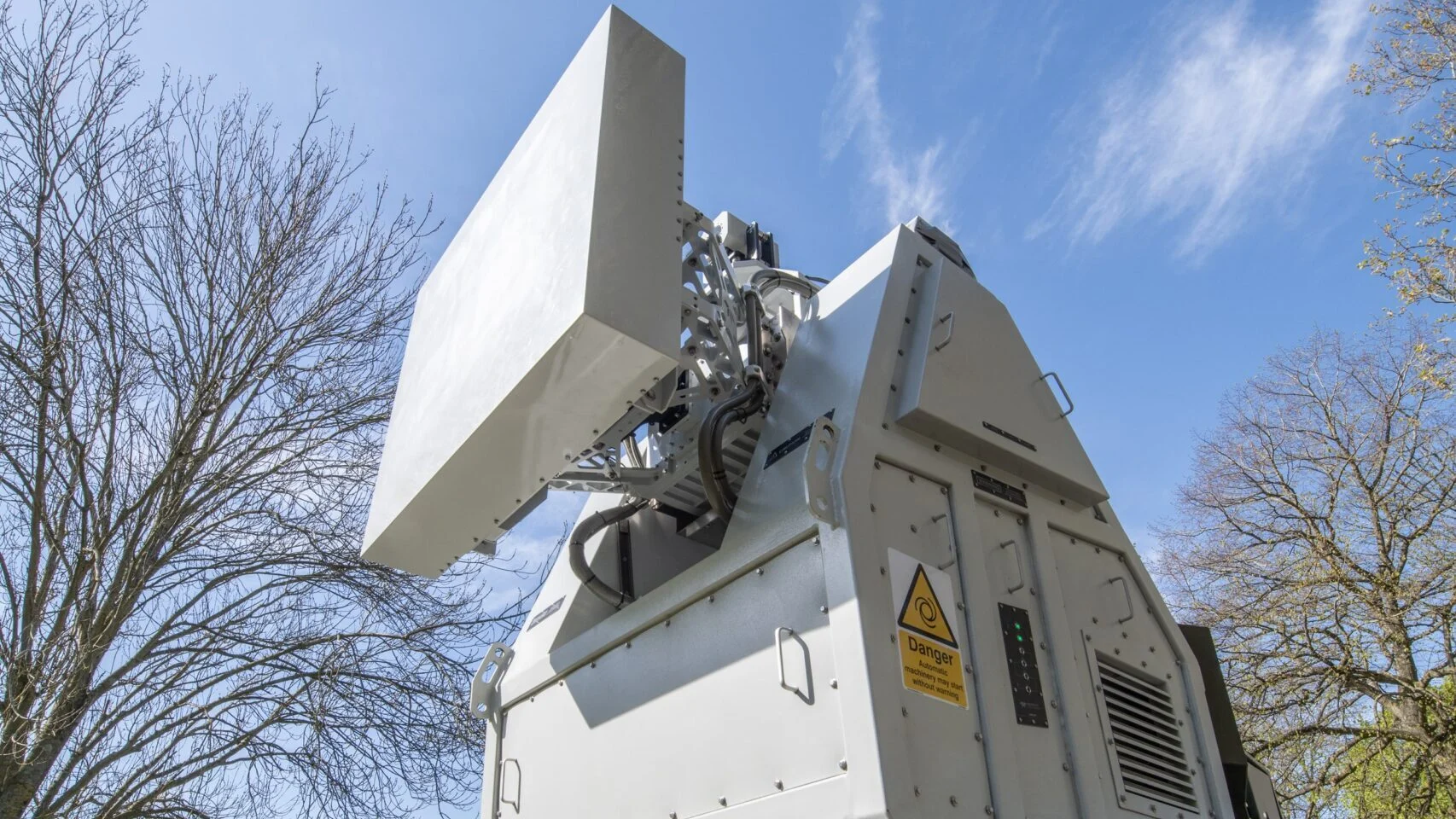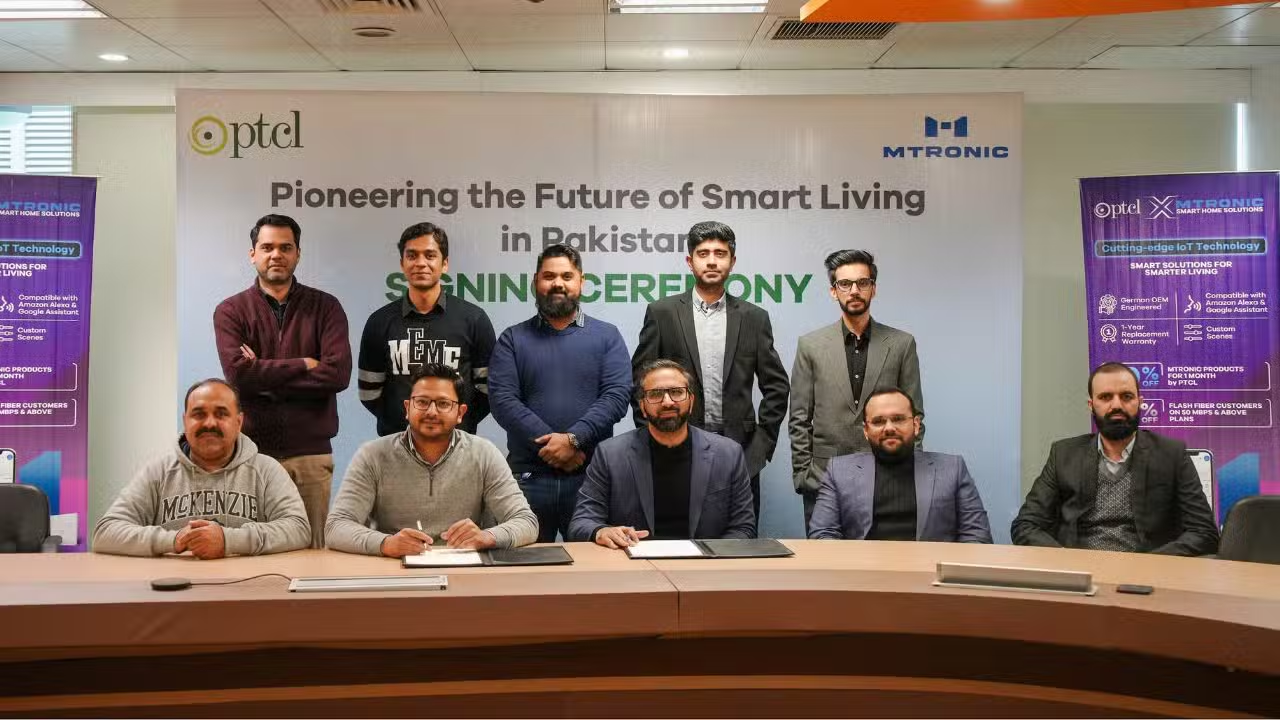Pakistan’s much-anticipated launch of SpaceX’s Starlink satellite internet service remains stuck in bureaucratic limbo, despite a year of fluctuating timelines and regulatory announcements. While neighboring countries have swiftly cleared the path for low-Earth-orbit (LEO) broadband, Pakistan continues to delay final approval, risking its place in South Asia’s digital future.
In late March, the Pakistan Space Activities Regulatory Board (PSARB) granted Starlink a temporary registration, a small step forward after months of indecision. However, the Pakistan Telecommunication Authority (PTA) recently clarified that a full commercial license is contingent on two critical conditions: permanent registration and successful completion of new technical and security evaluations.
Until these requirements are met, Starlink’s operation in Pakistan remains restricted, even as demand surges for reliable internet in remote and underserved regions like Gilgit-Baltistan, coastal Balochistan, and the Indus Delta, where traditional broadband infrastructure is either unreliable or nonexistent.
South Asia Accelerates While Pakistan Hesitates
In stark contrast, Pakistan’s regional neighbors are fast-tracking Starlink approvals and moving toward commercial rollouts.
- Bangladesh approved Starlink on April 30, issuing two ten-year licenses that permit immediate import of user terminals and ground station equipment. The Bangladeshi government even secured a personal commitment from Elon Musk to launch services within 90 days, prioritizing rural zones like coastal belts, cyclone-prone islands, and haor wetlands, where fiber optics have yet to reach.
- Sri Lanka moved even quicker. In August 2023, the island nation amended its outdated telecom laws and granted Starlink a national service-provider license. Although commercial rollout is temporarily paused due to pending lawful-interception rules, Sri Lanka’s legislative action shows a rapid, forward-looking approach to telecom reform.
- India is adopting a balanced strategy. Though cautious since 2022, New Delhi allowed local giants Reliance Jio and Bharti Airtel to enter Starlink distribution partnerships in March 2025. These companies are now stockpiling Starlink hardware, anticipating formal approvals of a five-year operating license. This model ensures strategic control stays domestic, while unlocking access to satellite internet for millions.
Even Nepal is formally reviewing Starlink’s application, further underscoring Pakistan’s increasing isolation on this front.
What’s Holding Pakistan Back?
Pakistani regulators argue that caution is necessary. According to the PTA, the temporary No-Objection Certificate (NOC) cannot be upgraded to a full license until an external consultant finalizes technical guidelines for LEO constellations. Once completed, Starlink will need to re-apply, creating further delays.
But critics argue this excessive caution is coming at a steep cost. Pakistan, home to over 230 million people, has one of the lowest fixed broadband penetration rates in the region. Less than 25% of mobile towers are fiber-connected, and over half the population lacks access to reliable high-speed internet. For rural and disaster-affected areas, Starlink could be transformative—powering telemedicine, remote education, precision farming, and e-commerce in remote regions.
The Cost of Bureaucracy: Missed Opportunities
The irony is hard to ignore: Starlink’s equipment is already built to comply with international ITU and cybersecurity standards. The hold-up is not technical—it’s bureaucratic.
By delaying a clear regulatory framework, Pakistan risks being left behind while its neighbors harness the economic potential of LEO internet. Opportunities for remote-work hubs, agriculture-tech pilots, smart fisheries, and disaster-resilient connectivity are quickly moving out of reach.
Despite the federal government’s Digital Pakistan ambitions, these regulatory inconsistencies undermine the very goals it seeks to achieve.
Time for Pakistan to Act
As Bangladesh sets launch dates, India stocks retail shelves, and Sri Lanka adapts its laws, Pakistan is stuck in a loop of provisional clearances and paperwork.
Unless Islamabad moves from temporary permissions to a robust, transparent licensing framework, it risks isolating itself from the next generation of global connectivity. For underserved communities across Pakistan, this isn’t just about faster internet—it’s about being included in the digital economy.
The ball is now in the PTA’s court. The rest of South Asia isn’t waiting—and neither should Pakistan.



